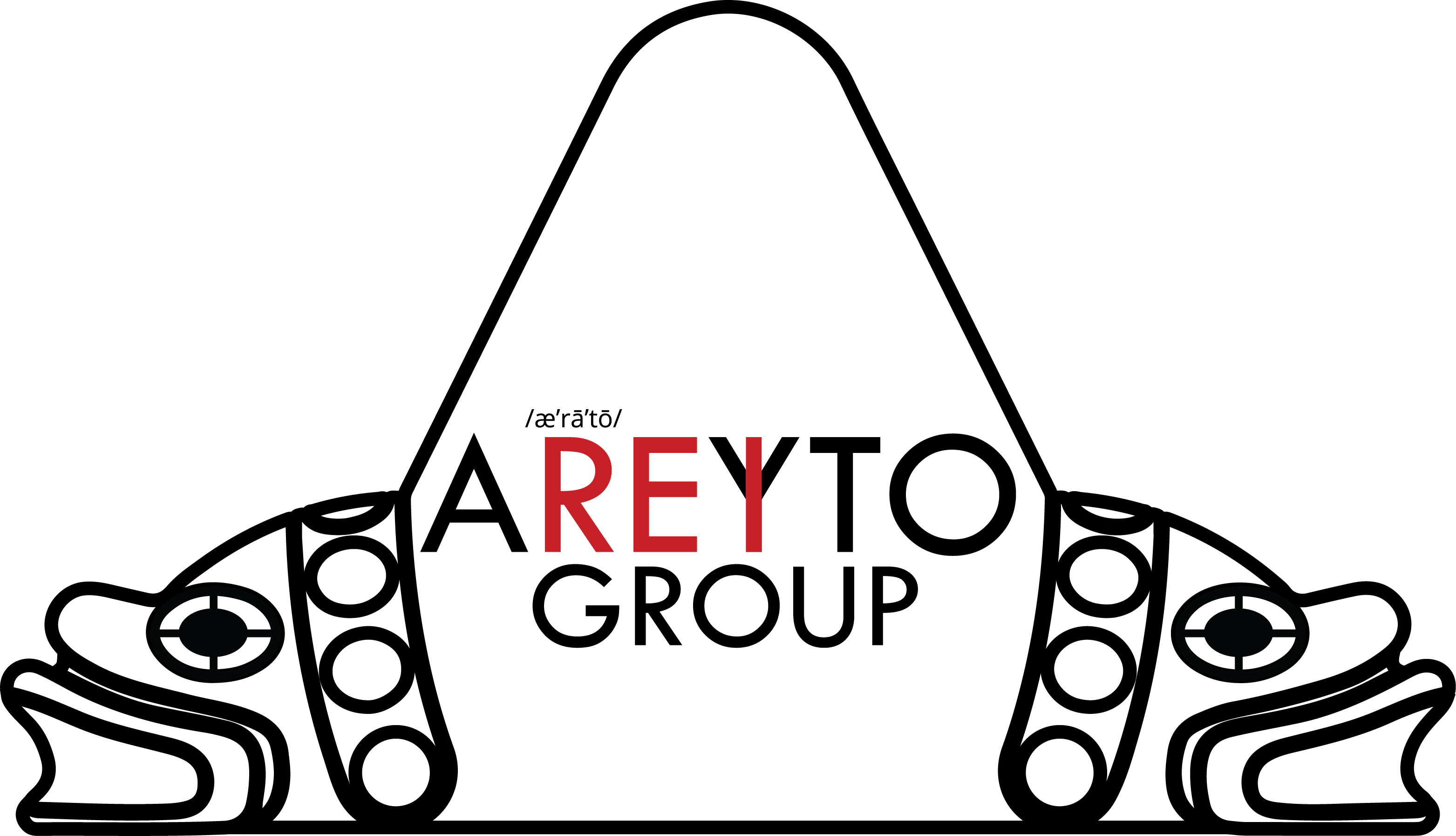 Here I am watching the Major League Baseball All-Star Game in Minneapolis and as they interviewed Commissioner Bud Selig about his legacy (he is set to retire in January 2015), he said: ““The changes were painful and it took a while…” “Baseball was always resistant to change, but… we are a long way from where we were in 1992”. And that made me think back about my earlier post about change and it is just more confirmation of what I said that “everybody resists change”.
Here I am watching the Major League Baseball All-Star Game in Minneapolis and as they interviewed Commissioner Bud Selig about his legacy (he is set to retire in January 2015), he said: ““The changes were painful and it took a while…” “Baseball was always resistant to change, but… we are a long way from where we were in 1992”. And that made me think back about my earlier post about change and it is just more confirmation of what I said that “everybody resists change”.
Whether you are involved with changing a sport, an organization, or a whole industry, such as the case we are experiencing right now with Healthcare (Electronic Health Records, Meaningful Use, Value Based Purchasing, Affordable Care Act), you are guaranteed to experience resistance to change.
And I like the fact that Commissioner Selig looks at his legacy with positivism and basically lets us know that it took twenty-two (22) years to get here! Some changes are assimilated faster than others. I always like the story of Barry Marshall and Robin Warren, who, in 1982 developed and published their hypothesis that the bacteria H. pylori caused ulcers, which contradicted many years of medical “knowledge”. Their discovery remained in obscurity and they lived in anonymity for another decade, being ridiculed by their peers along the way.
Not long ago, I was attending a meeting with a colleague and on the way there, she reminded me that the meeting was in a different place than I thought. I thought the meeting was at a place I was more familiar with and, I must have made a face because, she remarked, “Boy, for someone who teaches Change Management, you have a lot of resistance to change”. I laughed and I reminded her that I have never said I am not resistant to change. In fact, I say the exact opposite: That EVERYONE is resistant to change and that no one is above it. However, I continued, some people adapt to that change faster than others. Remember the story about my Dad? And this is what we, as Change Agents, must realize: that whether they tell us or not, people resist change. And it is our duty to help them bring out the reasons why they resist change so we can all talk about them and alleviate their concerns.
Remember that my two secrets to Change Management are: Communication and Transparency. We must communicate with the people that will be even remotely affected by the change we are implementing. And when we communicate, we must put everything on the table so that everybody knows our intentions and nobody thinks we have a hidden agenda. I have found communication in healthcare to be particularly lacking. People mostly communicate with their immediate circle, leaving a large number of stakeholders out of the loop. As a change agent and facilitator, I have come to learn this the hard way. But this is why I encourage every team I coach to communicate with everyone and communicate excessively; because what may seem “excessive” communication from their end, may actually not be enough to ensure smooth implementation.
Keep this in mind as you implement your improvements in your relentless pursuit of perfection and let me know how you do and what different approaches you use to assist you in effecting change.
